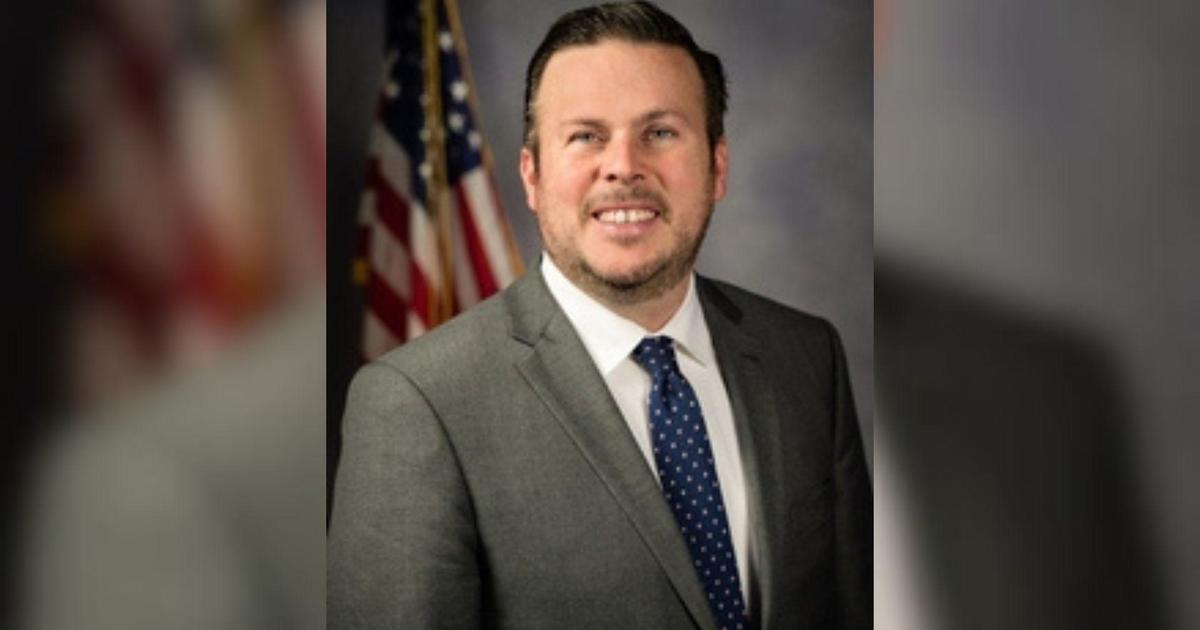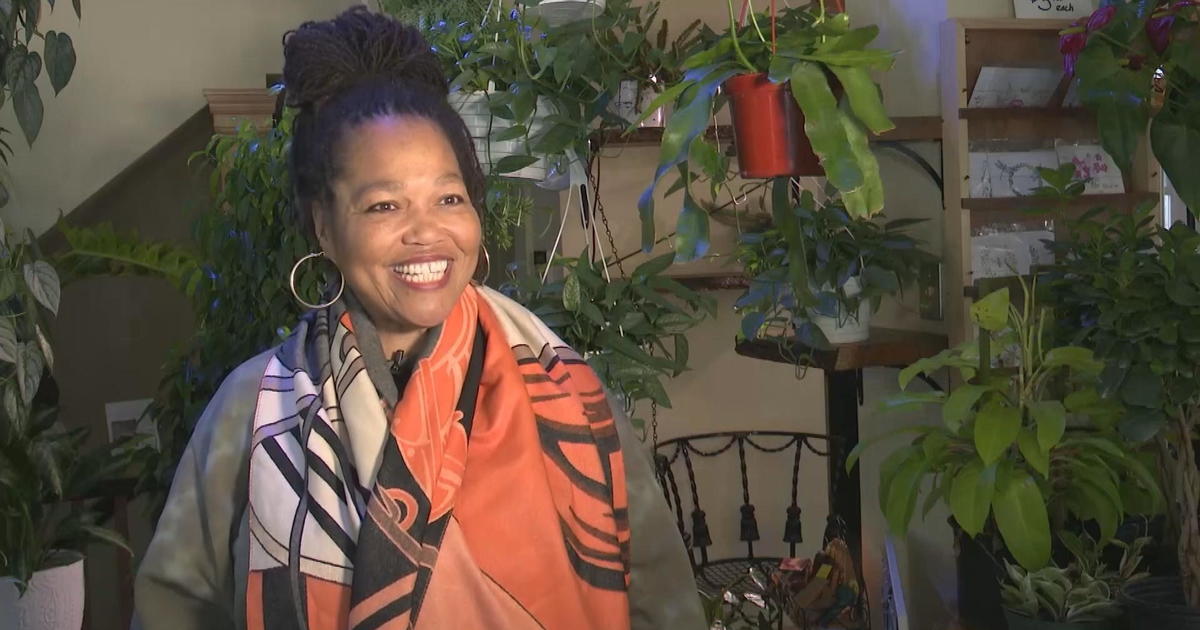Some Philadelphia Researchers Are Using Microbubbles To Improve Cancer Treatments
Follow CBSPHILLY Facebook Twitter
PHILADELPHIA (CBS) -- Microbubbles are FDA approved for use in ultrasound technology and researchers are hoping they will improve cancer treatments.
You would never know it by looking at Marilous Orgasan, but inside her body, a "Star Wars" kind of therapy is underway.
It's a revolution treatment -- microbubbles are blasting her liver cancer and she doesn't feel a thing.
"I call it bubble therapy," said Orgasan.
Radioactive beads have already been placed in her liver, a treatment called radioembolization, to cut off the tumors blood supply.
"In this trial what we're looking at is can we use these bubbles to improve radioembolization techniques," said Dr. John Eisenbrey. "Our early data is suggesting it's having a pretty dramatic improvement on tumor outcomes."
Lenny Dykstra, Former Phillies OF, Arrested For Allegedly Threatening Uber Driver
Eisenbrey, a researcher at the Sidney Kimmel Cancer Center at Jefferson Health, says the gas-filled microbubbles are circulated in the blood with an IV. When they get into the liver, they're blown up or popped with engird from an ultrasound.
"We just popped the bubble, now we're able to see them washing back into the liver," said Eisenbrey. "That popping mechanism within the blood vessels of the tumor temporarily damages them and makes the tumor more sensitive to radiation."
Marilou gets to visit with her granddaughter during some of her treatments. Her liver was damaged by Hepatitis C by a blood transfusion in 1973 that eventually led to cancer. She is hopeful about this new treatment.
"I'm happy to know the results, that it has been helping to kill the tumor," said Marilou.
"What's interesting and exciting about this trial is it's the first ever in humans worldwide to use this approach with radiotherapy to potentially improve patient outcomes," said Eisenbrey.
The Jefferson researchers are looking to enroll more patients, and also hope to eventually use the technology to treat other cancers by filling the microbubbles with oxygen or chemotherapy.
Study: Young Women More Likely To Get Lung Cancer
The clinical trial has enrolled about 10 patients so far and is looking to enroll 52.
Click here for clinical trial information.



